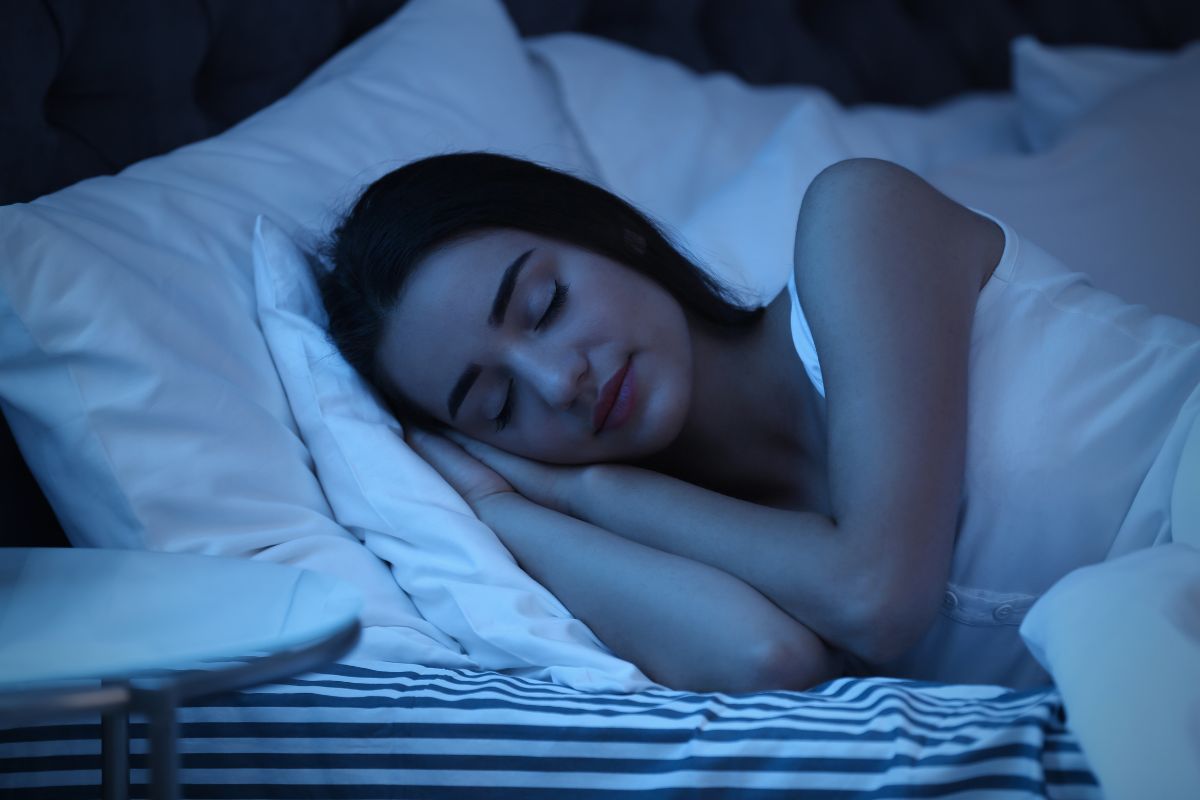


Good sleep keeps your body and mind happy. But many people struggle to get enough rest. You might toss and turn at night or wake up feeling tired. Don’t worry. A few small changes can make a big difference.
This article shares very easy and clear sleep tips that work. Whether you’re a student, a worker, a parent, or just someone tired of feeling tired, this is for you.
Table of Contents
ToggleSleep helps your body rest and recharge. It helps your brain think better, your mood stays calm, and your body stays strong. When you sleep well, everything feels easier—work, school, and even family time. Not sleeping enough can lead to:
So let’s see how you can sleep better—starting tonight!
Also read: Deepika Padukone’s Bold Red Look That Got Everyone Talking
Your body has an internal clock. It works best when your sleep and wake times are regular. If you sleep at 10 PM one night and 2 AM the next, your body gets confused.
What to do:
Try to sleep and wake up at the same time every day—even on weekends. This trains your body to sleep better.
Your body sleeps better in a cool and dark room. Bright lights or too much heat can make it hard to fall asleep.

Tips that help:
Screens give off a kind of light that tells your brain to stay awake. That’s why using your phone in bed can make it harder.
What you can do:
Heavy meals before bed can make you feel bloated. Caffeine (found in coffee, tea, and many sodas) can keep you awake. Even alcohol can disturb your sleep later in the night.

Simple rules:
Your body loves a routine. Doing the same calming things before bed tells your brain it’s time to sleep.
Try this:
Even a simple 10-minute routine helps.
If you study, eat, or work in bed, your brain won’t see it as a place to relax. Your bed should mean one thing: sleep.
What to do:
This helps your brain switch off more easily at night.
Your body’s sleep-wake cycle works best when you get sunlight in the morning or early afternoon. It helps your body know when to stay awake and when to rest.
Easy ways to get light:
Just 15–30 minutes of daylight helps.
Exercise can help you fall asleep faster and sleep more deeply. You don’t have to go to the gym. Simple movements work too.
Good choices:
Try not to exercise too late in the evening, as that may keep you too alert.
Worry and stress can keep your brain too busy to fall asleep. If your mind is full of thoughts, it’s hard to relax.
Try these simple tricks:
Even 5 minutes of quiet time can help.
If you can’t sleep after 20–30 minutes, don’t just lie there and worry. That makes it harder to fall asleep.
What you can do:
This stops your brain from linking your bed with stress.
Short naps are okay, but long or late naps can mess with nighttime sleep.
The best way to nap:
Every person is different. Some people need 7 hours of sleep. Others may need 9. What matters is how you feel when you wake up.
Ask yourself:
If the answer is yes, you’re probably getting enough rest.
Also read: White Kurti for Women: A Timeless Essential for Every Wardrobe
The process of getting good sleep requires minimal effort but demands some dedication. A few basic adjustments will improve your sleep quality while boosting your energy levels and enhancing your daily experience. Begin with one or two of these tips tonight. You don’t need to change everything at once. Better sleep leads to better feelings and a fresh start for your new day.

